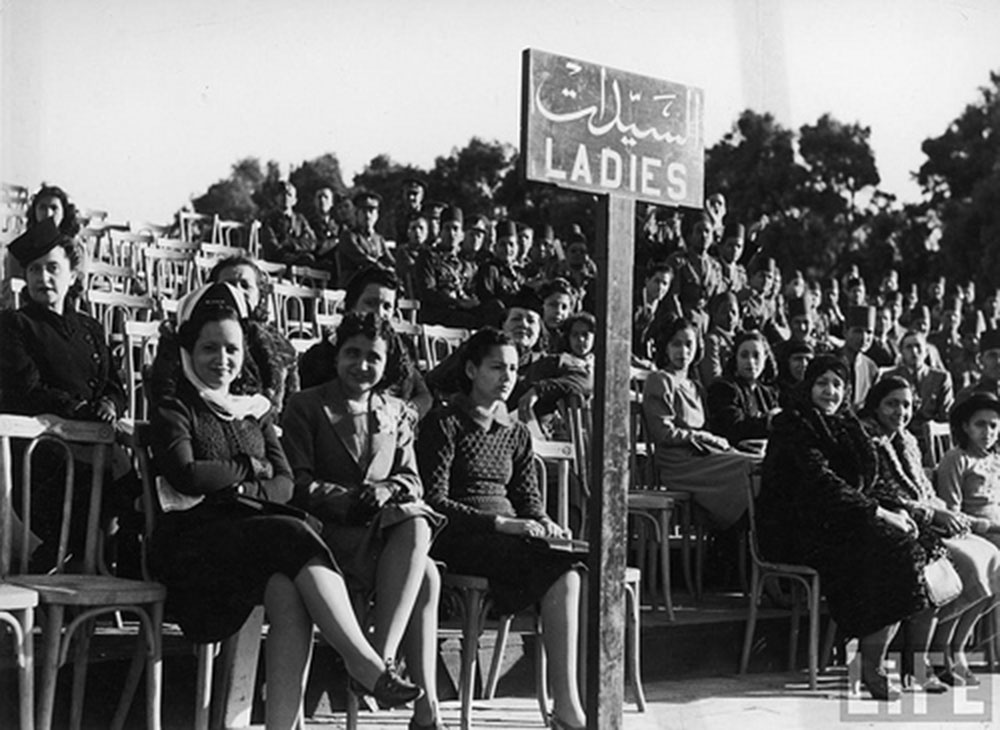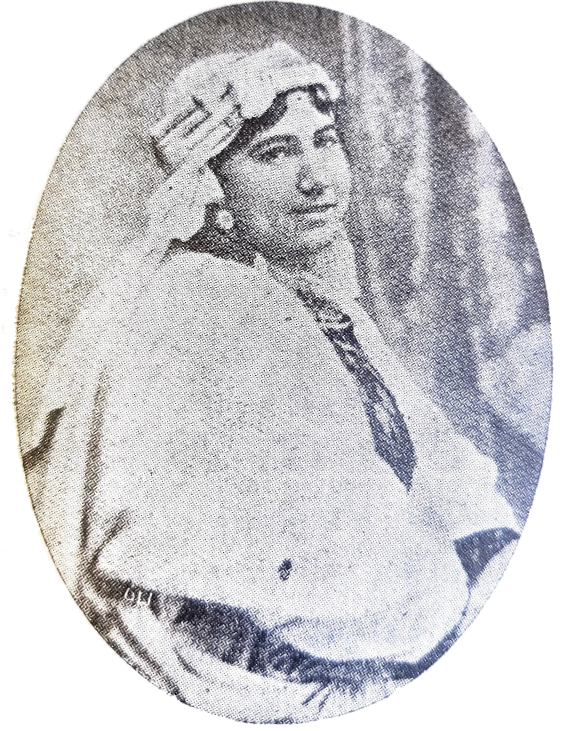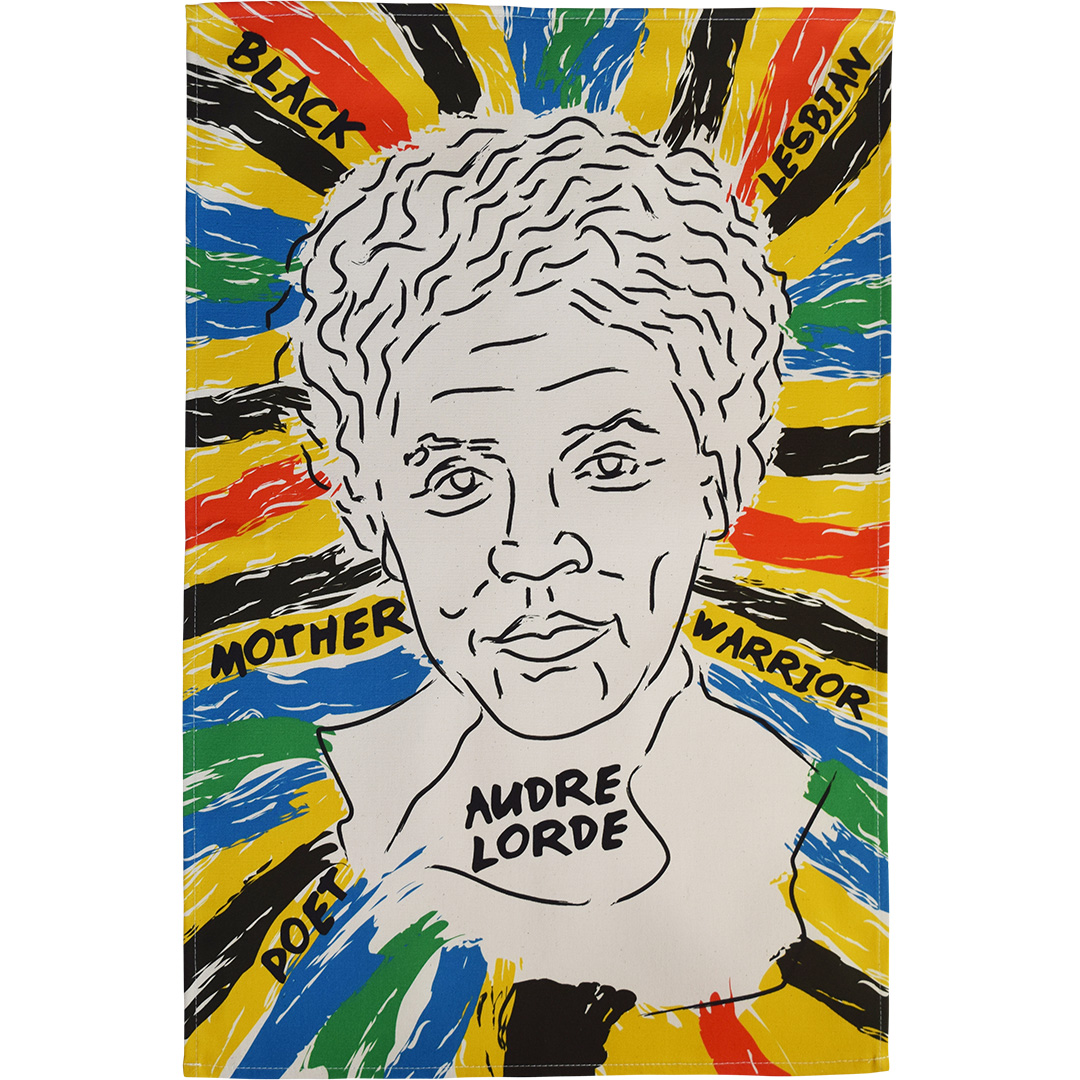We use cookies to make your shopping experience better. By using our website, you're agreeing to the collection of data as described in our Privacy Policy.
What Freedom Means: The Story of Malak Hifni Nasif

Born on 25th December in 1886, Malak Hifni Nasif is a key figure in the global history of feminism
Malak Hifni Nasif was born in Cairo on 25 December 1886.
She would become one of the founding figures of Egyptian feminism, and the feminist movement in the wider Arab world.
When Malak was born, Egypt had recently been invaded and occupied by the British Empire.
The Egyptian people were in a state of anticolonial ferment and political critique. Everyone in the country was thinking about what freedom means, and how to achieve it.
Everyone, especially Egyptian women.

Malak Hifni Nasif was an Egyptian feminist who wrote extensively about marital rights, education and dress
Feminists like Malak Hifni Nasif began to question whether a patriarchal society like Egypt could truly be free while women were not.
Malak’s father, Hifni Bey Nasif, had been a progressively-minded lawyer. He encouraged his daughter to get a full education.
In 1901, Malak graduated in the first ever class of the Girls’ Section of the ‘Abbas Primary School. She continued to study at the Saniyyah Teacher Training College, where she finished top of her year in 1903.
Malak began an impressive career as a schoolteacher in Cairo. But in 1907, she was legally forced to quit work because she got married – a form of sexist social exclusion common to many societies at the time, including Britain.
As a result of experiencing such gendered oppression in British-ruled Egyptian society, Malak committed herself to the cause of women’s liberation.
And she was not alone.
Like Audre Lorde in the 1970s and 80s, Egyptian feminists like Malak knew that the struggle for justice must be intersectional
During the early years of the twentieth century, a powerful feminist movement was emerging among Egyptian women, led by radical activists such as Huda Sha’arawi (1879-1947).
The movement would be a driving force in the struggle against
British colonialism in Egypt, leading to the Revolution of 1919.
Malak worked with her feminist comrades on various issues, focusing particularly on education.
Like Mary Wollstonecraft, and drawing on her own experience as a teacher, Malak emphasised the importance of education to women’s liberation.
In 1911, Malak became the first woman to speak before the Egyptian Legislative Assembly when she presented a 10-point program for improving the condition of women in the country which focused heavily on increased and better schooling for Egyptian girls.
Malak’s feminist vision of education had an internationalist scope, too. She founded the Union for the Education of Women, which had both Arab and European members.
Like Mary Wollstonecraft, Malak Hifni Nasif knew that knowledge is power
See the Mary Wollstonecraft tea towel
There were also important points on which Malak disagreed with the dominant stream of Egyptian feminism during the 1910s and 1920s.
In particular, Malak believed that her sisters sometimes equated the liberation of women in Egypt with Westernisation.
On the question of Muslim women’s veils, for instance, Malak argued that knee-jerk Westernisation ought not be the policy of Egyptian feminists.
Whereas unveiling had become a ritual commitment of many activists in Egypt, such as Huda Sha’arawi, Malak was more cautious.
She observed that the male-dominated British colonial government, in addition to most of the men in the Egyptian liberal movement, were pushing Muslim women in Egypt to discard their veils.
Malak argued that feminists in the Muslim world ought to be skeptical of any group of men who were trying to control what women did with their bodies, whether that control was used to make them wear veils or not wear them.
She also pointed out that the project of unveiling was being used as ideological cover for British colonialism in Egypt.
Whereas the question of veils remained a contentious point among Egyptian feminists during the early twentieth century, there is no doubt that Malak Hifni Nasif stands as a key figure in the history of Arab and wider Third World feminism.
Like Sojourner Truth and Johnnie Tillmon, Malak’s story makes clear that the past and present of feminist struggle extends far beyond the actions of white women in the West.





